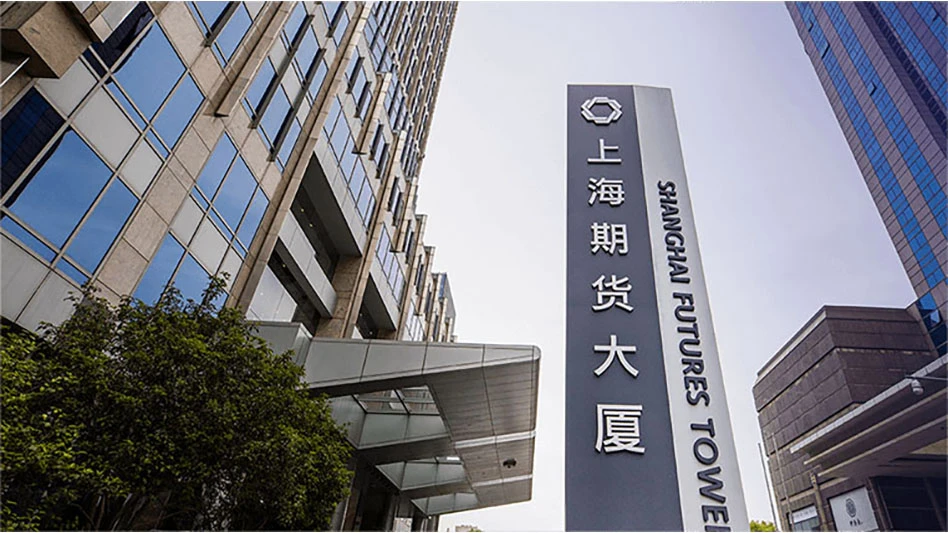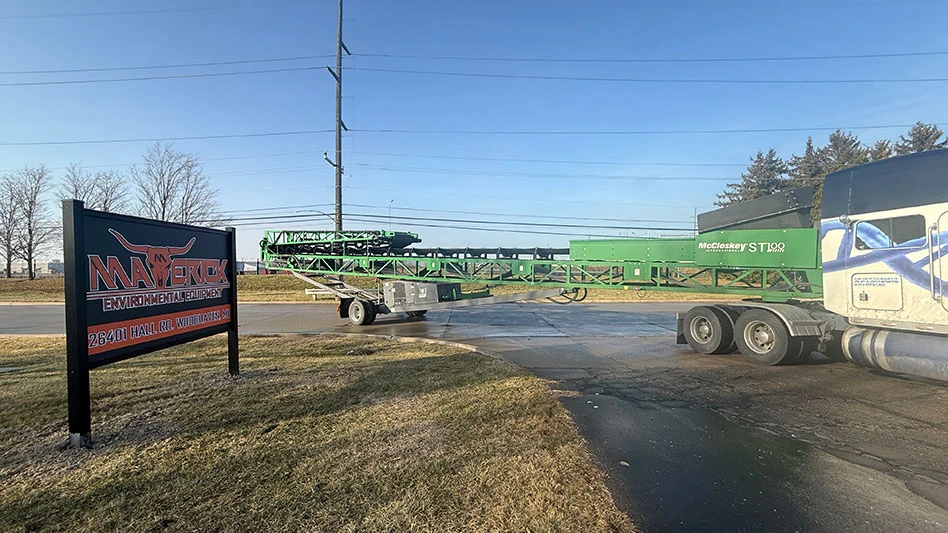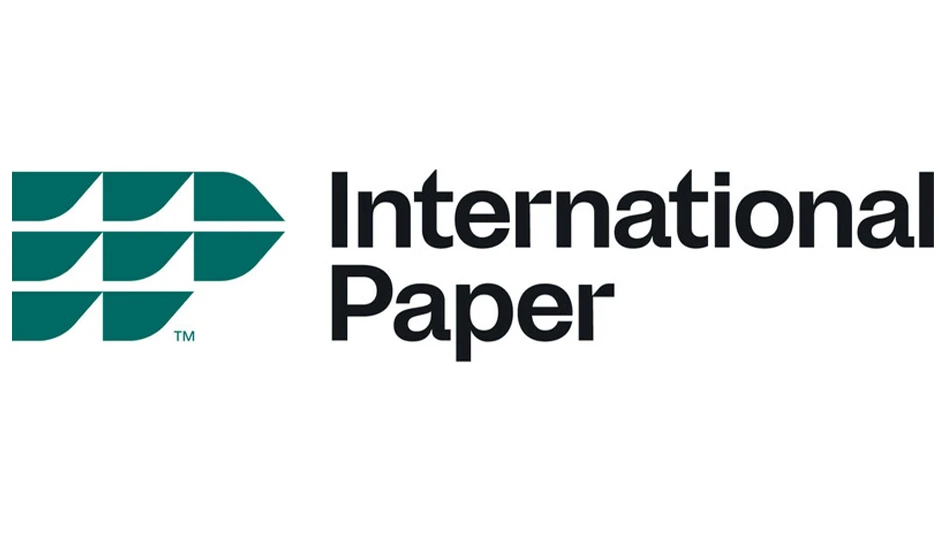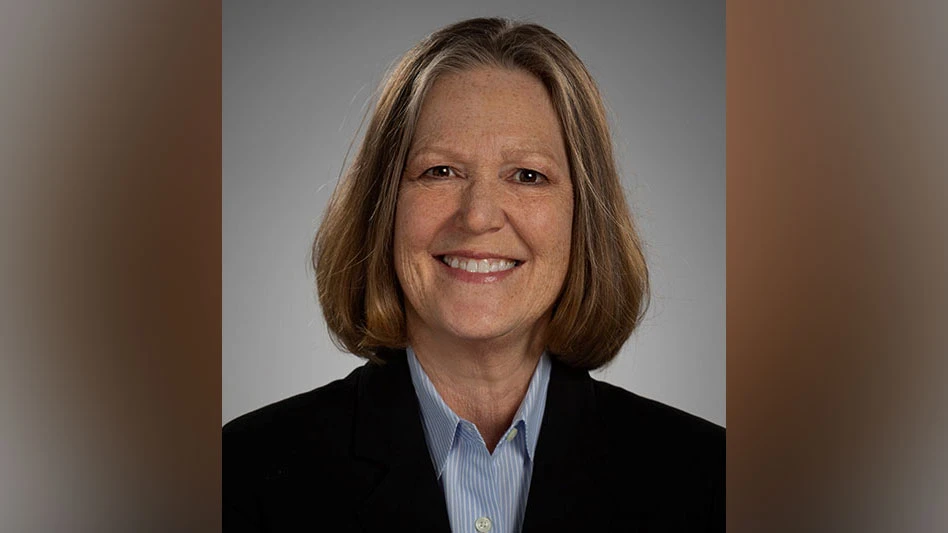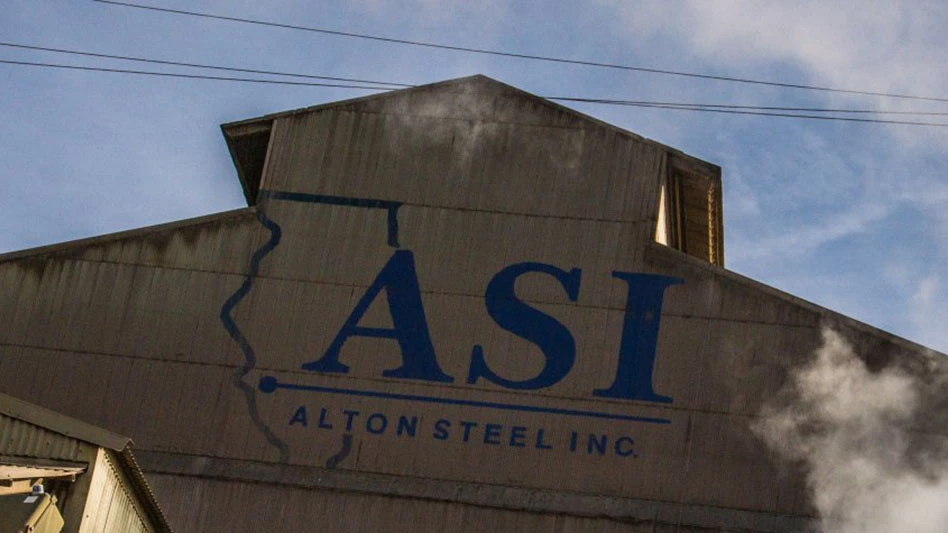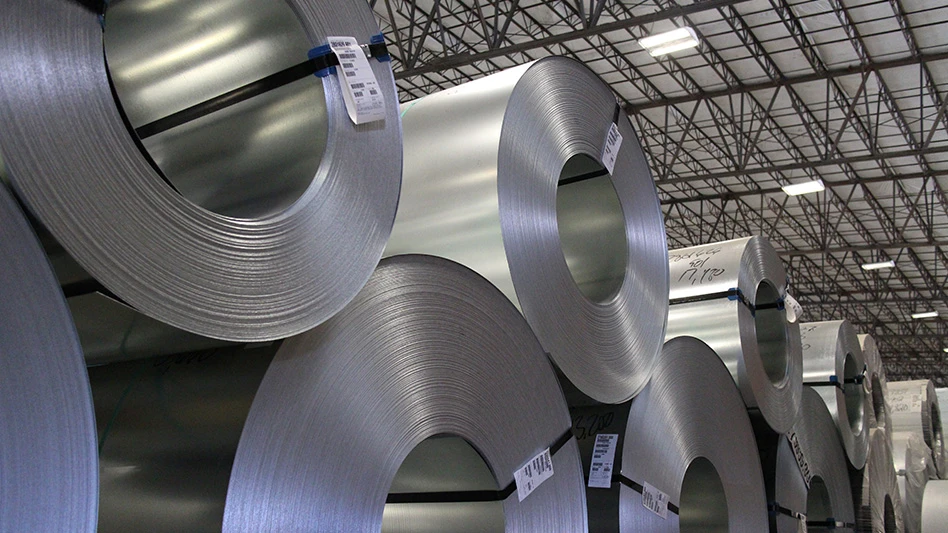
Photo courtesy of Dow
According to Ahmad Kawas, the global business director of circular and renewable solutions at Dow, the global company’s push toward circular plastic products rests on three pillars—mechanical recycling, chemical recycling and bio-circular feedstocks.
Though the Midland, Michigan-based plastic producer hasn’t always focused on marketing recycled-content products, it has responded to increasing demand in recent years.
“We’ve had that path because the market was asking for [recycled resins],” Kawas tells Recycling Today. “We had customers and brands that were saying that this is the direction they’re going in.”
As Dow implemented its recycled resin strategy, Kawas says the company began qualifying more suppliers located across North America to help it meet that demand. One of those suppliers was a Houston-based mechanical recycler of postconsumer and postindustrial low-density polyethylene (LDPE) film, Circulus.
Dow acquired the company in June 2024, gaining 50,000 metric tons per year of processing capacity from two facilities located in Ardmore, Oklahoma, and Arab, Alabama. The transaction closed that August, and Dow has continued working with the former Circulus management team to develop postconsumer resin (PCR) marketed under its Revoloop line of products for use in consumer packaging, shrink film and more.
“With polyethylene films, we have a rigid [packaging] space, and rigid is a much more mature market from a mechanical recycling perspective. It’s much more easily collected,” Kawas says. “We felt that it was really necessary for our future that we can not only prove and showcase that film should be collected, but there’s an end market for those recycled films if they’re recycled properly.
“Circulus, if you add the capacity of the two sites they have, we were purchasing one of the top two players in North America from a film PCR perspective.”
Integrating Circulus
Kawas describes the months since the Circulus purchase as a “journey,” but Dow has worked to make the integration as smooth as possible.
“We insisted as part of our purchase that the management team came over, so we do have several veterans from Circulus that are now Dow employees,” Kawas says. “We kept their operations, and the thing that we did through the integration was our manufacturing people have now had a look under the hood, if you will, and are working really closely with the Circulus manufacturing folks and our technical team on how to optimize the process.”
Kawas says the key is for the Circulus sites to produce a consistent and reliable product that Dow can offer to its customers on a regular basis. “You don’t want variability in quality. That just kills you from a trust point of view. So, that’s been a learning curve.”
While Dow has lent its expertise in extrusion and pelletizing technology to the film recycling operation, Kawas admits the company doesn’t know the front end, or collection side, as well. The former Circulus staff has helped in that area.
“I think if you look at what our immediate priorities are, it’s to enable the two sites to be self-sufficient in terms of running and producing pellets that we can then transfer, or as part of a package, sell with our virgin products to our customers,” Kawas says.
“We have our family of Revoloop recycled resins. Our ultimate goal is that Circulus is making high-end Revoloop products onsite that we can sell to high-value applications. … We really want to be able to sell a package to our customers that allows them to make the best possible product with the highest PCR content so that they can meet their goals.”
The film recycling journey continues
In the view of Jessica Rogers, Dow’s North American circularity technology lead, flexible film recycling is still in its beginning phases and is continually evolving, with quality and consistency remaining a challenge for those in the space.
As Dow continues its film recycling journey, she points out that the company is going from incorporating virgin resins into flexible films with very narrow specifications to recycled content, which can fall outside of original specification windows. “So, within those windows, we still have to make sure we have the most consistent material we can.”
“It is really important to both the customers and the brand owners, so they can continue to deliver a high-quality product to the consumer,” Rogers says, adding that contaminants in PE bales can present technical challenges.
“So, whether that’s nylon or PET [polyethylene terephthalate] mixed materials [in PE bales], those all end up generating different types of contamination in the final product that will show up at the converter or in the final application and cause different types of performance issues. That remains one of the biggest challenges, is really working on reducing those contaminants and getting those levels low.”
Despite the challenges associated with film recycling, she calls the present an exciting time as Dow blends its capabilities with Circulus'.
“This allows us to combine Circulus’ material science and collection and sortation expertise with our material science and application expertise,” she says. “We’re able to take a lot of the innovative technologies that we’ve developed for understanding our virgin resins and now apply them in the mechanical recycling space to deliver truly differentiated products.
“We’ve worked tirelessly over the last few years to bring up the Revoloop product line. But I think that by having Circulus as part of the Dow family, we’re able to implement even more innovative technologies and really just continue to improve the quality and consistency of the materials that we have, and people can incorporate them into packaging. It’s really exciting.”
Meeting global targets
Dow has set a number of global circularity targets, including the goal to turn plastic scrap and other forms of alternative feedstocks into 3 million metric tons of circular and renewable products annually by 2030. To achieve its goal, the company has said it is building industrial ecosystems to collect, reuse and recycle material and expand its portfolio to meet rapidly growing demand.
The acquisition of Circulus is helping it inch closer to that goal.
“It’s an ambitious goal and it’s a global goal, so it’s definitely a big leap in the right direction,” Kawas says, adding that Dow has continued to foster strategic partnerships. “We’re not going to be able to buy 20 Circulus’. We’re not going to be able to do this in every country that we want to do mechanical recycling. So, we have to work and develop partnerships with recyclers, with machine manufacturers, with people in the industry so that we can leverage what everybody does best.”
In addition to establishing offtake agreements, Dow has announced serval partnerships with chemical recyclers, such as Freepoint Eco-Systems Supply & Trading LLC and Mura Technology, which is commissioning a recycling facility in the United Kingdom.
“It’s very much an evolving landscape, but we feel that between some of the commitments of the brands as well as legislation in many countries, we feel that these partnerships are key to getting us to that number of metric tons [of circular and renewable products].”
Latest from Recycling Today
- Stadler equips Spanish MRF
- SSAB finishes 2025 with decreased revenue
- Vecoplan appoints CFO
- Aurubis raises full-year forecast
- Levitated Metals adds LIBS sorting technology
- Redwood Materials closes on $425M in Series E financing
- Updated: Wieland Chase expands northwest Ohio facility
- Recovered paper traders report lukewarm market
